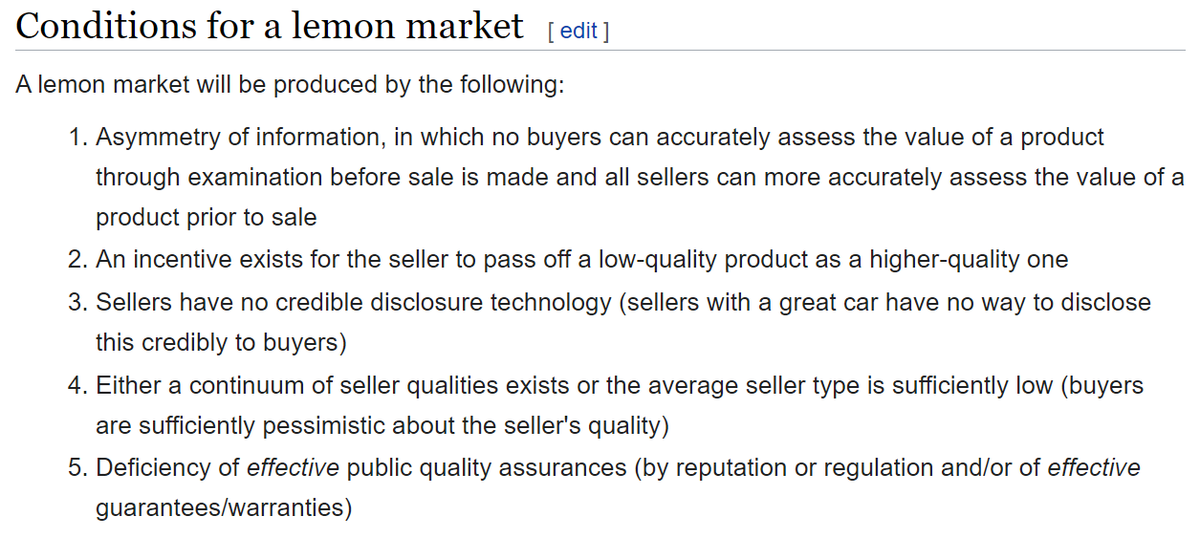
Victim blaming is to become the basis for cyber policy in Washington. It's easier to punish the victims inside our country than going after the bad actors in other countries.
voanews.com/silicon-valley…
voanews.com/silicon-valley…
Most people believe that cyber victims are guilty of some moral weakness: ignorance, sloth, greed, lust, etc. Thus, whenever cyberattacks happen, they blame the victim for being weak.
That's why you see phrases like "basic cyber hygiene". That's not a thing. There's no standard anywhere that defines this. Ask 10 experts what those steps are and you'll get 12 different answers.
Instead, saying "you must adopt cyber hygiene" is claiming that you don't have hygiene now, that you are cyber slovenly -- in other words, a moral weakness.
What we don't have is any expertise on how ransomware happens, such how most use mimikatz to spread inside the network, which can be fixed by changing how Windows domain trust works.
Such technical discussion is completely unwelcome in discussions of "what should we do about ransomware?" Instead, such discussions are non-technical, of the form "they just need to take cybersecurity more seriously".
Ransomware happens become mainstream organizations just want to do things the same way as their peers. They want a blueprint to follow "Here's how organizations like yours stop these big ransomware attacks".
Microsoft has some great documents to read that can get you started:
microsoft.com/security/blog/…
docs.microsoft.com/en-us/security…
microsoft.com/security/blog/…
docs.microsoft.com/en-us/security…
"Securing privileged access" is what you need to be doing. Other things help, like MFA and network segmentation, but securing how Windows domain privileges work is the #1 thing your org needs to be looking at.
docs.microsoft.com/en-us/security…
docs.microsoft.com/en-us/security…
• • •
Missing some Tweet in this thread? You can try to
force a refresh




